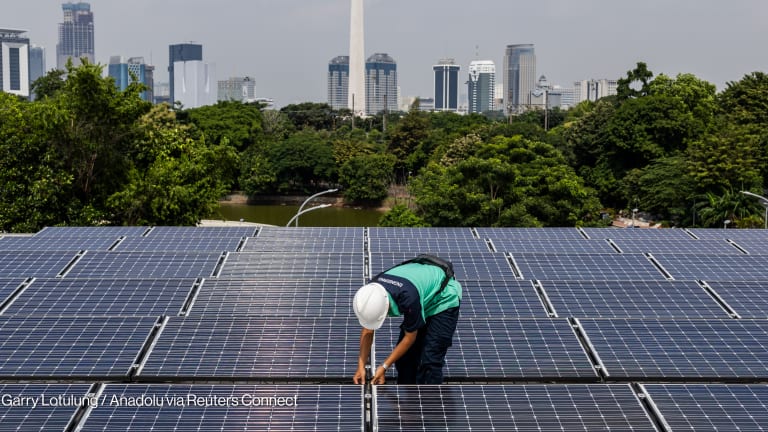This year’s annual general meeting of the African Development Bank Group — held on the week of May 22 — came at a critical time in Africa. When the multilateral development banks, including AfDB, signed on to the Paris Agreement at COP 21 they made a commitment to act to limit temperature increase to 1.5 degrees Celsius.
This year's annual AfDB annual convening in Sharm el-Sheikh, Egypt, the same location where the bank made the shocking announcement during last year’s 27th United Nations Climate Change Conference that gas will still play a huge role in the continent’s energy future, was a stark reminder of how far the bank was from meeting its commitment to deliver a green economy transition.
The decision was a buildup of the controversial African Common Position on Energy Access and Transition proposed by a ministerial technical committee of the African Union, effectively laying the ground for further fossil fuel expansion on the continent.








